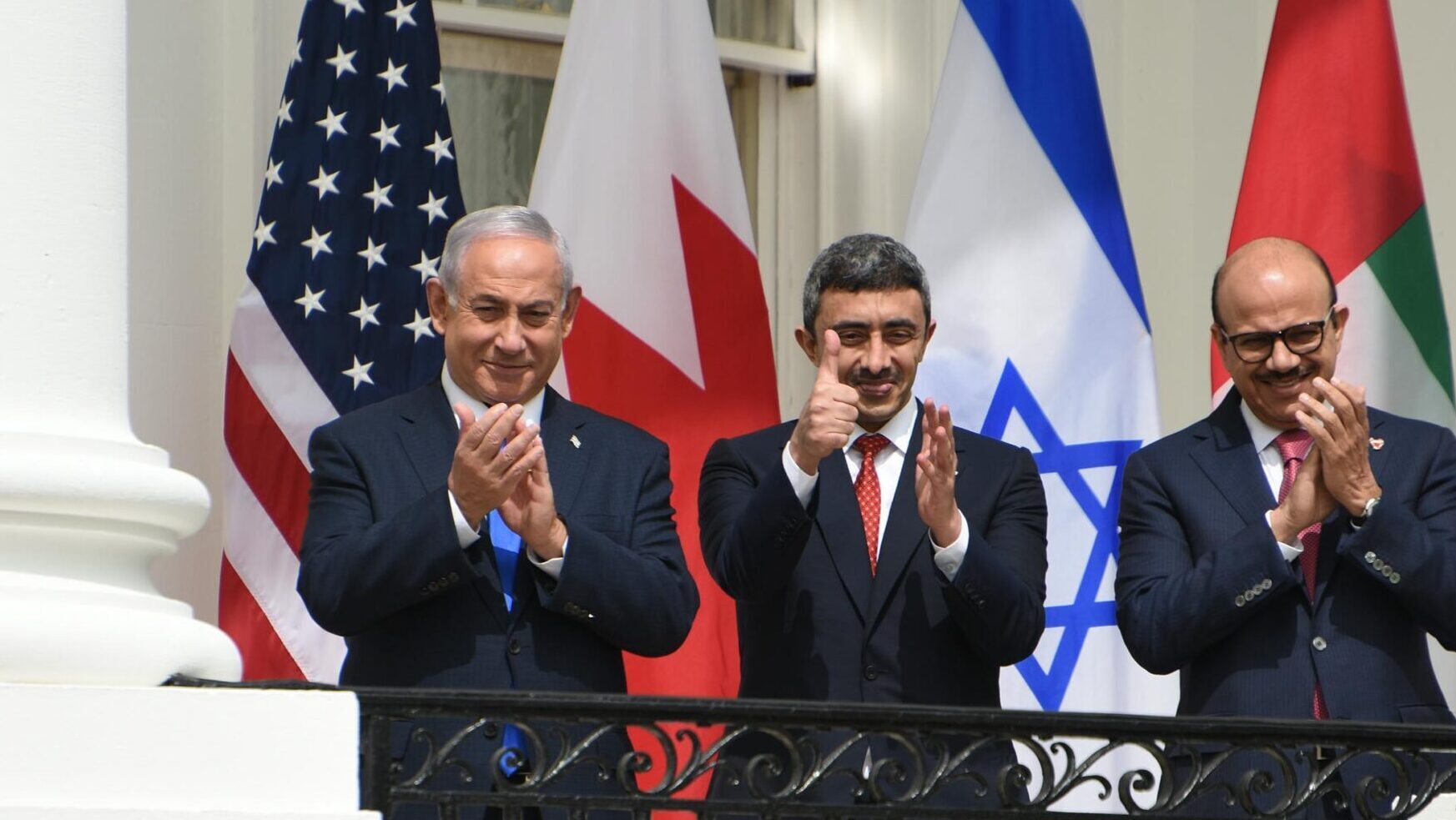Flights and Friction: Abraham Accords Mark a Fraught 5th Anniversary
Five years to the day after Israel, the United Arab Emirates, and Bahrain formalized relations on the White House lawn—agreements later joined by Morocco and Sudan—governments marked the Abraham Accords’ anniversary as a test of whether normalization can endure a far rougher regional climate. Brokered by the United States and signed on Sept. 15, 2020, the accords opened embassies, direct flights, and new commercial deals; the question now is how those channels carry on while the Gaza war and fresh tensions reshape regional calculations.
Since 2020, the accords have underpinned cooperation in trade, technology, and defense, and spawned multilateral formats such as the Negev Forum to coordinate practical projects among Israel, the UAE, Bahrain, Morocco, Egypt, and the US.
This holiday season, give to:
Truth and understanding
The Media Line's intrepid correspondents are in Israel, Gaza, Lebanon, Syria and Pakistan providing first-person reporting.
They all said they cover it.
We see it.
We report with just one agenda: the truth.


This year’s milestone arrives as Arab and Islamic leaders convene in Doha following an Israeli strike that Qatar said hit Hamas operatives on its soil—an episode that sharpened debate over normalization’s future. The UAE has cautioned that unilateral Israeli steps in the West Bank could jeopardize ties; as a senior Emirati official put it, “Annexation in the West Bank would constitute a red line for the UAE.”
Israeli officials are pressing to keep the portfolio moving. During an anniversary visit to Abu Dhabi, Israel’s Deputy Foreign Minister Sharren Haskel met Emirati counterparts to promote deeper economic, political, and security cooperation and to push for broader participation in the framework. From Jerusalem, President Isaac Herzog appealed for steady engagement: “The Abraham Accords are a watershed, and we should only work to foster and strengthen them.” In Washington, President Donald Trump struck a cautionary note on escalation: “Israel and everybody else, we have to be careful. When we attack people, we have to be careful.”
Whether the next year brings expansion or retrenchment will hinge on events far from conference rooms: progress on Gaza cease-fire talks, the hostage issue, and steps toward a credible political horizon for Palestinians—all issues that now define the accords’ staying power.

